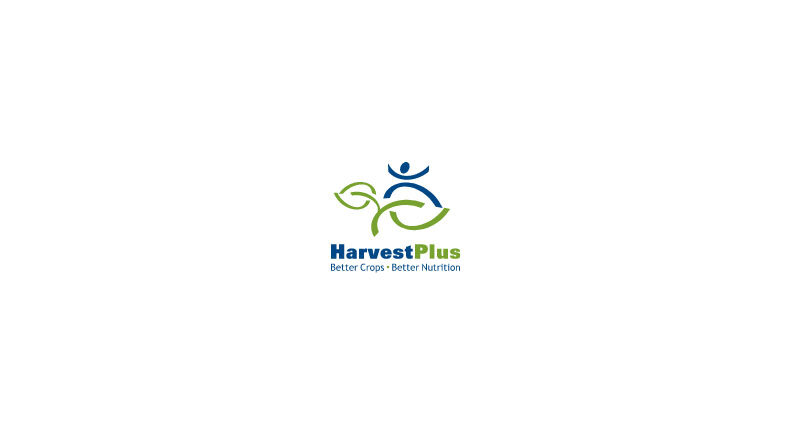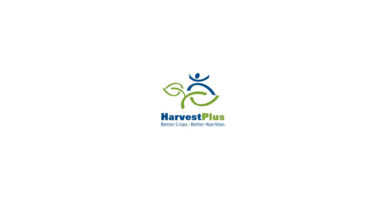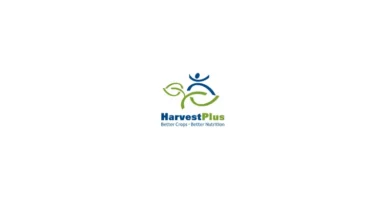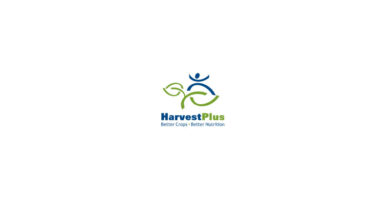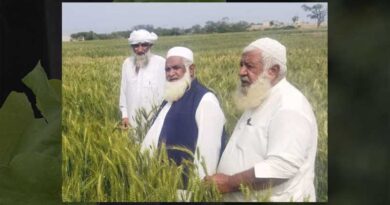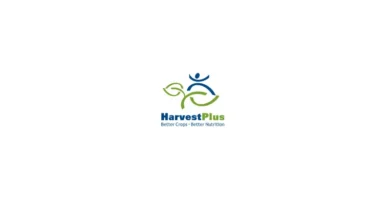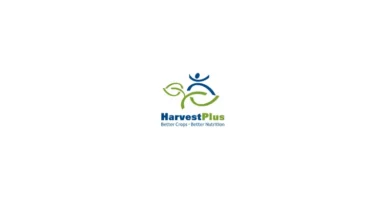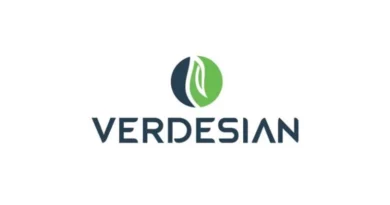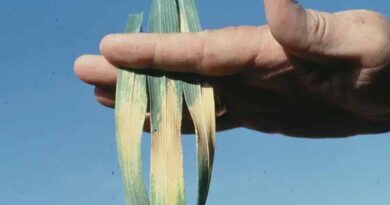HarvestPlus Brief Unpacks Rapid Scaling Effort for Zinc Wheat in Pakistan
01 February 2022, Pakistan: The case of zinc-biofortified wheat in Pakistan shows how HarvestPlus and national partners have been applying a time-tested biofortification scaling model to empower 1.4 million farming households (comprising 7 million people) to grow this nutritious wheat, only six years since scaling work began.
The Journey of Scaling in Pakistan: Zinc-Enriched Biofortified Wheat describes the scaling strategy and the multiple partnerships facilitated by HarvestPlus to help rapidly increase zinc wheat production by these households, to 3.5 million metric tons (MT) in 2021 from 1 million MT the previous year, and only 56,000 TM in 2016. In the 2021/2022 growing season, roughly 55,000 MT of zinc wheat seed is expected to be produced, representing 20 percent of the commercial wheat seed market in Pakistan.
The National and Provincial Wheat Improvement Programs have released three zinc wheat varieties so far: Zincol-2016, Akbar 2019, and Nawab-2021. These varieties were developed in partnership with the International Maize and Wheat Improvement Center(CIMMYT) and Pakistan’s national agricultural research system.
Also Read: UPL’s Q3 FY22 Revenue up 24% and EBITDA up 21%
HarvestPlus is part of the CGIAR and leads the global agency’s biofortification work. Working with CGIAR crop research centers and national agricultural research systems, HarvestPlus has facilitated the development and release of about more than 270 varieties of 11 staple crops in 30 countries.
Addressing a serious nutrition problem
Zinc wheat is intended to address a serious zinc deficiency problem while also creating new livelihood and entrepreneurship opportunities for farming households and a broad range of value chain actors (including seed distributors, aggregators, processors, food manufacturers, retailers). To ensure sustainability, HarvestPlus is working with food processors and companies such as Family Farm Foods to create a demand “pull” for zinc wheat.
Critical success factors for rapid scale identified in the brief include:
- Integrating zinc wheat into government policies
- Sufficient production of quality early generation seed
- Zinc wheat seed varieties with features (such as high yield) that are a positive value proposition for seed sellers
- Continued pipeline of new seed innovation
- Customer (farmer) satisfaction with the product
- The grain produces quality product for home consumption and commercial use
- Appropriate market incentives for farmers and seed producers are in place
The Pakistan zinc wheat brief notes that the scaling work is not done – more investment is needed to ensure this positive momentum continues, with the objective of “mainstreaming” zinc wheat seed, grain, and foods in Pakistan’s food system.

